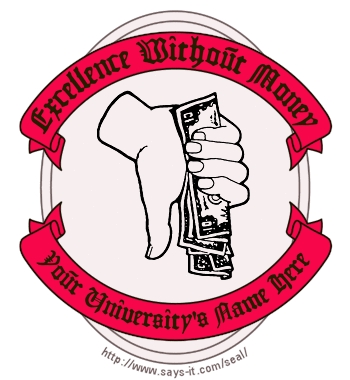
Hello, darlings! Molly here, guest blogger, with my guest scribe Bardiac.
I took pity on Bardiac today, and took her for two walks in the snow.
You know if you've walked a human in the snow that they're pitiable about it. They miss every scent worth a snootful, and they can't keep up. And Bardiac was no better than most.
To be honest, with things going the way they are in politics around here, it's practically a miracle some humans even bother coming outside. Now the governor wants to scrap recycling mandates. We've had the law since the mid-90s, longer than I've been alive. (And here you thought the things in the special bin were just "stuff not worth rooting through just in case there were scraps accidentally put in.") But this law has reduced landfill pretty significantly in our area. Alas, I've heard that certain people who own paper mills might not like having to compete with recycled paper.
Despite the beautiful snow in these pictures, our lakes and rivers may suffer from excess fertilizer run-off if Walker's proposal goes through. (We'd even be in violation of the Clean Water Act, and you know labs love clean water!) Do you think someone who owns a chemical company might have something to do with this?
Walker's already put education funding in jeopardy and attacked state workers as the "haves" in the economy, because he's pretty sure that snowplow drivers and kindergarten teachers pushed the economy into the dumps, not bankers playing unethical games with derivitives and bad loans.
I'm sure you understand why I felt it was imperitive to take Bardiac out for a walk. At one point, I saw a deer, and it was most exciting. I bounded up to alert my walking companion, pogoing in place so she'd see and be ready to give chase with me. But by the time she'd figured it out (and, dears, let's face it, humans are among the least capable creatures when it comes to figuring anything out), the deer had disappeared to be replaced by a bush. I gave chase for a bit, but the bush refused to run, and I didn't see the point in pursuing it further.

I think I tired her out a bit, anyway. It's better than that boring old grading (which, by the way, I offered to chew on a bit to help, but nooooo.)
Keep your nose to the wind and tails up, my dears! And don't forget to take your human friends out for a walk. What with all the mess some of them are making of things, they need a break!

